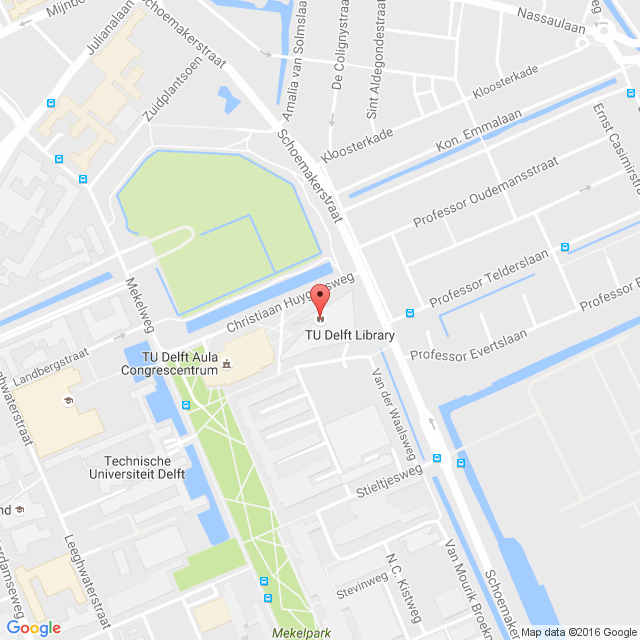Recording: First-Person War
New technology has radically transformed warfare. While artillery and missiles eliminate distant enemies, FPV drone operators witness death up close. For them, war is no longer fought from the trenches but through a screen—intimate yet detached, precise yet surreal. For just a few hundred euros, these drones can destroy military systems worth hundreds of thousands. Meanwhile, far from the front lines, we experience war in real-time through social media—now a powerful tool for propaganda and shaping enemy images.
War is no longer just something that happens; it is something we see, almost experience, while remaining physically safe. FPV drones bring destruction disturbingly close, yet screens create distance, making war something we observe rather than endure.
This shift is more than ethical—it changes the very experience of war. We no longer imagine destruction; we see it unfold before us. For drone operators and spectators alike, war has become both immediate and mediated. Does this make us more indifferent or more engaged? And how should a university of technology, where research is conducted into drone technology and other means of electronic and AI warfare, confront this new reality?
Nicholas Daniel Johnston is a PhD Candidate at the Digital Ethics Centre at Delft University of Technology, researching the ethics and epistemic conditions of intelligence analysts and institutions, particularly in a military context, against the backdrop of increasing automation.
Yke Bauke Eisma is assistant professor at Delft University of Technology. He conducts research on understanding and quantifying human-robot interactions. Additionally, he has a strong interest in existential philosophy; from this perspective, he frequently reflects on the impact of modern technology on our humanity.


